Should I Upgrade SQL Servers that Are Out of Support?

Do All SQL Servers Need to Be Upgraded?
Running production systems on a platform that is no longer supported by the vendor is worrisome. If something goes wrong, you’ll no longer be able to call the vendor and receive technical support. But worse, you’ll no longer release updates, fixes, security patches, etc, for the out of support version. This could leave your production systems vulnerable to exploits and unrecoverable crashes. But this begs the question “Should I Upgrade All SQL Servers that Are Out of Support?”
Is My SQL Server Out of Support?
First off, let’s answer the question of “Is my SQL Server out of support?” Microsoft typically supports their products for 10 years. The first five years are Main Stream Support, which includes incident support (either paid or no-charge depending on circumstances and cause) hotfixes, updates, etc.
Then for the next five years, the product will be in Extended Support. In that level of support, Microsoft will continue to provide some updates and hotfixes to the product, especially those that affect security. Paid support is still available.
You can check to see where your version of SQL Server stands by going to the Microsoft Life Cycle page. Also see Is There An Update for My SQL Server?
But, Should I Upgrade SQL Servers that Are Out of Support?
Ok, you’ve checked and your SQL Server is no longer in Mainstream Support. It’s not what you wanted to find, but it’s not the end of the world, either. You’ve still got some time in the Extended Support world to make some plans.
But what if your SQL Server is out of Extended Support. Should you immediately drop everything and upgrade? Sure, in an ideal world where both money and time are a-plenty. But, of course, none of us live in that world.
So, do you prioritize upgrading all of your SQL Servers systems?
Well, yes. And no.
As with many questions in technology, the real answer is “it depends.” This short video explains some of the options and criteria for answering that question. This post, 4 Options Now That Your SQL Server 2008 Is Out of Support, may help as well.
Although, running production systems on versions that are out of date is very concerning and can be risky, many factors will ultimately influence your decision on whether you should upgrade all of your SQL Servers.
Running a vintage car can fun and make for a great hobby. But running a vintage version of SQL Server can be dangerous.
Want to work with The Sero Group?
Want to learn more about how SERO Group helps organizations take the guesswork out of managing their SQL Servers? It’s easy and there is no obligation.
Schedule a call with us to get started.


2 Responses
[…] Should I Upgrade SQL Servers that Are Out of Support? […]
[…] Apply SQL Server patches. Keep your SQL Servers up to date with the latest security patches and Cumulative Updates to ensure that it is running efficiently and securely. See Should I Upgrade SQL Servers that Are Out of Support? […]
Comments are closed.